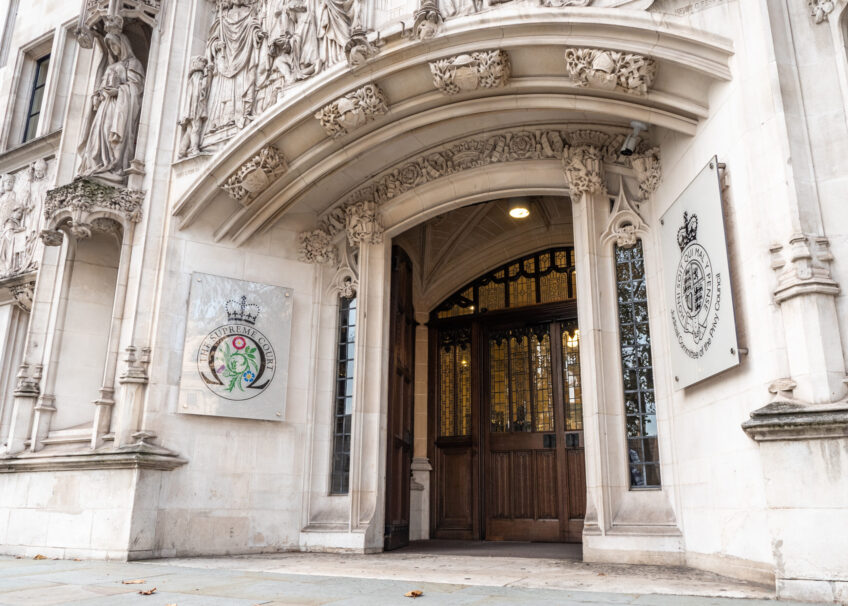PACCAR – Supreme Court Throws The Litigation Funding Industry Into Turmoil
David Bailey considers the impact on litigation funding following the Supreme Court decision of R (on the application of PACCAR Inc and others) (Appellants) v Competition Appeal Tribunal and others (Respondents) – Press Summary (supremecourt.uk) handed down on 26 July 2023.
The Supreme Court held that third-party Litigation Funding Agreements (LFAs) that entitle funders to a percentage of the damages recovered are Damages Based Agreements (DBAs) within the meaning of the legislation that regulates such agreements. This means that LFAs are subject to the statutory requirements and restrictions that apply to DBAs, such as the cap on the percentage of damages that can be paid to the funder.
The majority based their decision on the following reasons:
- The statutory definition of DBAs is broad and covers any agreement between a person providing advocacy services or litigation services and a client, where the amount payable to the person depends on the outcome of the case.
- The definition does not distinguish between lawyers and non-lawyers, or between primary and secondary providers of litigation services.
- The definition does not exclude agreements where the amount payable is calculated by reference to a percentage of the damages recovered.
- The purpose of the legislation is to regulate all forms of contingency fee agreements, including LFAs, to prevent excessive costs, ensure access to justice and protect the public interest.
The majority rejected the argument that LFAs are not DBAs because they are not contracts for services, but contracts for loans or investments. They also rejected the argument that LFAs are not subject to the same policy concerns as DBAs, as they are regulated by other means, such as contractual terms, ethical standards, judicial discretion, and competition.
The court noted that whilst the litigation funding industry had previously been proceeding on the basis that LFAs were not DBAs, most LFAs currently in place are likely now to be unenforceable. This means that it leaves some funders facing difficulties with recovering historical legal spend (let alone any return on their investment) and significant losses.
Funders, solicitors, and claimants will immediately be asking whether their LFA is a DBA, and if so, did it comply with the requirements of The Damages-Based Agreements Regulations 2013 (SI 2013/609) as to whether or not it is now unenforceable and unlawful. That will raise serious issues as to where it leaves their litigation.
In the longer term, it means that a radical review of the entire litigation funding sector in the UK is required.
If you are facing uncertainty over the enforceability of your LFA, you should seek independent legal advice.
Healys Dispute Resolution team is recognised by the Legal 500 as a Leading Firm in the areas of Dispute Resolution and Commercial Litigation; with Head of Dispute Resolution David Bailey ranked as a ‘Recommended Lawyer’.
For more legal advice regarding enforceability of LFAs, or any other dispute related matter, please don’t hesitate to contact David Bailey, Partner & Head of Dispute Resolution at: david.bailey@healys.old-website.shout-loud.co.uk


